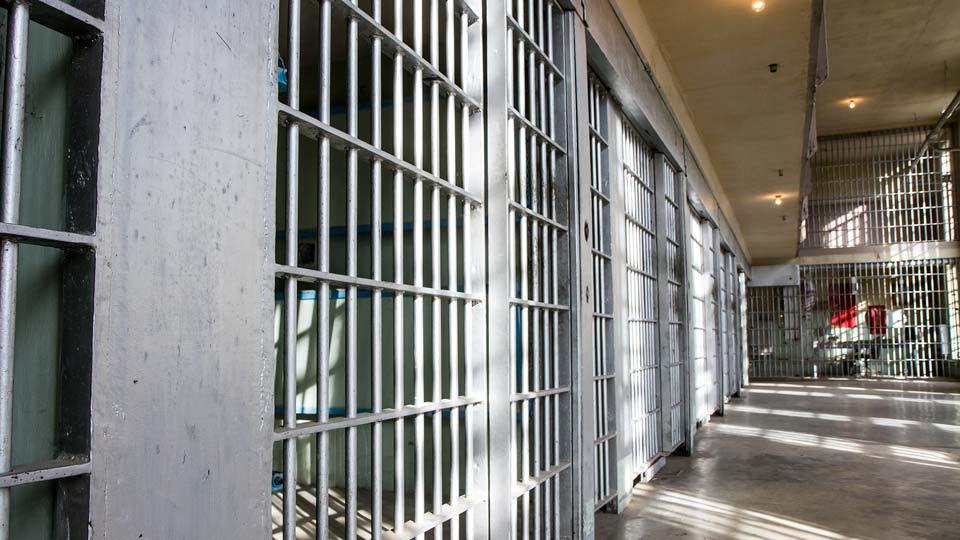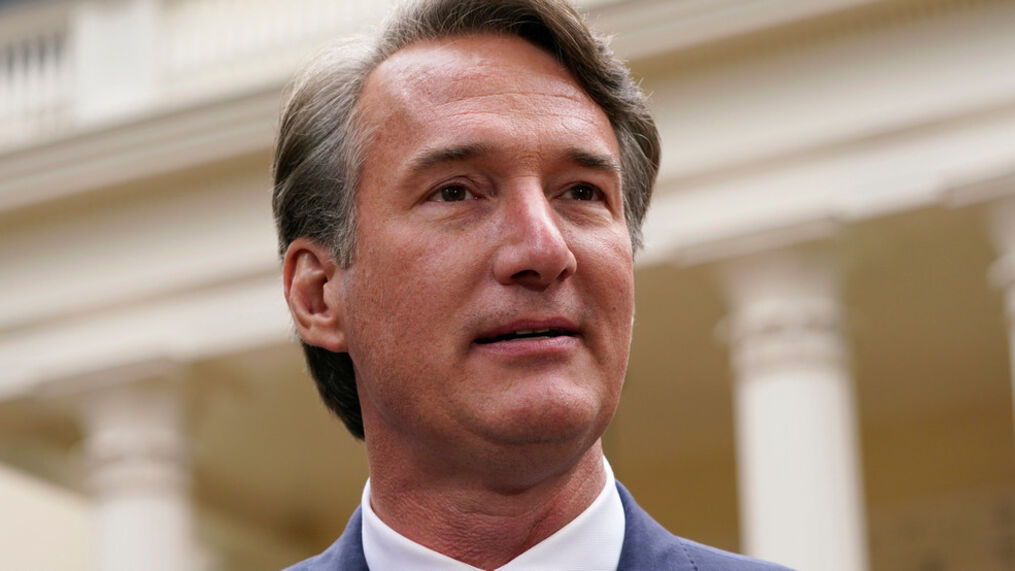In FOIA case, Va. Supreme Court draws ‘bright line’ upholding open meetings
by Virginia Mercury
In a split opinion on transparency laws, the Supreme Court of Virginia on Thursday upheld a more expansive definition of what counts as a public meeting of government officials.
The case, which centered on an impromptu meeting that took place in Prince William County to discuss local unrest in May 2020 after the police killing of George Floyd, posed questions for the high court about what kinds of meetings the public should be notified about and what types of discussions count as “public business.”
Lawyers representing five members of the Prince William Board of County Supervisors had pushed for more leeway for public officials to hold informal gatherings, arguing public business should be narrowly defined as matters appearing on an official meeting agenda.
A majority of Supreme Court justices rejected that argument in an opinion that pointed to the “bright line” of the Virginia Freedom of Information Act’s “stated presumption in favor of open government.”
“To adopt the defendants’ construction — that a topic cannot be public business until it appears on a formal Board agenda — would gut the open meeting provisions of VFOIA,” Justice Wesley G. Russell Jr. wrote for the majority. “It would allow portions of or full boards of supervisors to meet, discuss and decide county business in secrecy by waiting until after their private discussions and decisions to place an item on a formal agenda.”
Two Prince William residents had sued the county over a community meeting that took place the day after a May 30, 2020, protest some county officials characterized as a riot. The lawsuit centered on gatherings of county officials to discuss the events of that night.
The entire Prince William Board of County Supervisors held an emergency meeting at 4 p.m. on May 31, but the litigation centered on an earlier meeting at 1 p.m. attended by five supervisors, police officials, county employees, members of the county’s Citizens’ Advisory Board for law enforcement and “more than sixty members of the community,” according to court documents. Despite “conflicting testimony,” the Supreme Court concluded the 1 p.m. gathering effectively served as a meeting of the Citizens’ Advisory Board. Though most of the county’s eight-member board of supervisors attended, three other supervisors weren’t invited.
The plaintiffs in the case argued the earlier gathering should have been treated as an official public meeting, triggering FOIA’s rules about notice to the public and access for anyone who wanted to attend. The defendants insisted it was not a public meeting, which meant FOIA didn’t apply.
In May 2021, the local circuit court sided with the supervisors, ruling that the gathering didn’t meet the legal requirements to be considered a public meeting.
The Supreme Court overruled that decision and sent the case back to the circuit court for further proceedings, concluding that enough public officials attended the meeting to trigger open meeting laws and that the topic at hand met the definition of “public business” because it had a direct bearing on the county’s response to an important event.
“Issues related to the riots, the use of force by police, the use of chemical agents to quell the riots and the property damage that was caused were all discussed,” Russell wrote. “One of the first responsibilities of any government is to protect the lives, safety and property of its citizens. As such, it is hard to imagine any scenario in which the Board would not soon address a night of protest and unrest.”
The court also emphasized that the protests were the main topic at a “properly noticed” meeting that took place just hours later, bolstering its view that the earlier discussion should have been treated as public business subject to FOIA.
In a dissenting opinion, Chief Justice S. Bernard Goodwyn and Justice Cleo E. Powell warned an overly broad definition of public business would constrain the free flow of information between elected officials and the communities they serve. The dissenting justices said they saw an important distinction between information gathering and official action by public bodies, a line they felt the majority opinion would blur.
“The new definition discourages citizen-organized informational gatherings by requiring the application of VFOIA notice requirements, even if the purpose of the meeting is purely informational,” the dissent says.
In a footnote, Russell said the dissenting justices’ view, if taken to its “logical conclusion,” would allow a majority of board members to huddle in private with lobbyists, political parties or campaign donors to discuss “the locality’s budget, policing issues, tax rates, land use permits, and anything and everything else that properly could come before the board but had yet to appear on the agenda.”
“This cannot be so because such private meetings are exactly the type of back-room, secretive dealing that VFOIA was enacted to prevent,” the opinion states.
Megan Rhyne, a transparency advocate who serves as executive director of the Virginia Coalition for Open Government, said the ruling’s real-world impact probably won’t be a “broad sweeping thing” because most public bodies are already mindful of what does and doesn’t trigger open meeting rules. She said she took exception to the dissent’s focus on a phrase in Virginia’s transparency law saying nothing in FOIA should be construed to “discourage the free discussion by government officials or employees of public matters with the citizens of the Commonwealth.” Her view of that line’s meaning, she said, is that “people who work in government should still feel free to talk to citizens.”
“Even if you were trying to give that section credence, all we’re saying here is that you should’ve given notice of this meeting,” Rhyne said. “If it’s so important to be able to have these conversations with the public, then the public should know about them.”
(Virginia Mercury is part of States Newsroom, a network of news bureaus supported by grants and a coalition of donors as a 501c(3) public charity. Virginia Mercury maintains editorial independence. Contact Editor Sarah Vogelsong for questions: info@virginiamercury.com. Follow Virginia Mercury on Facebook and Twitter.)




